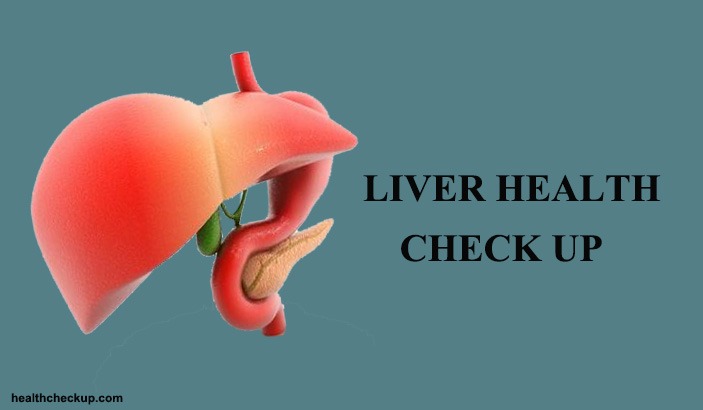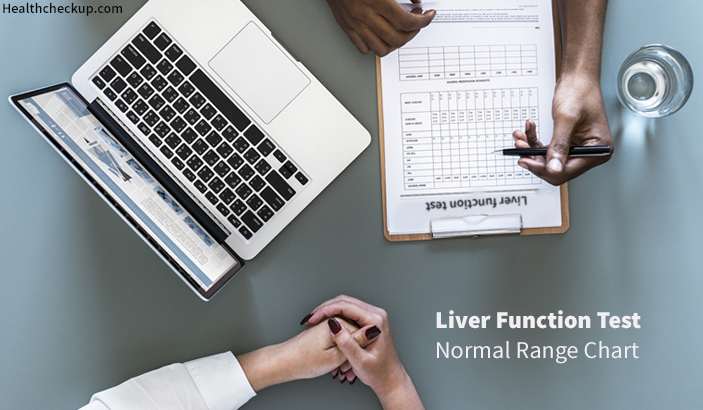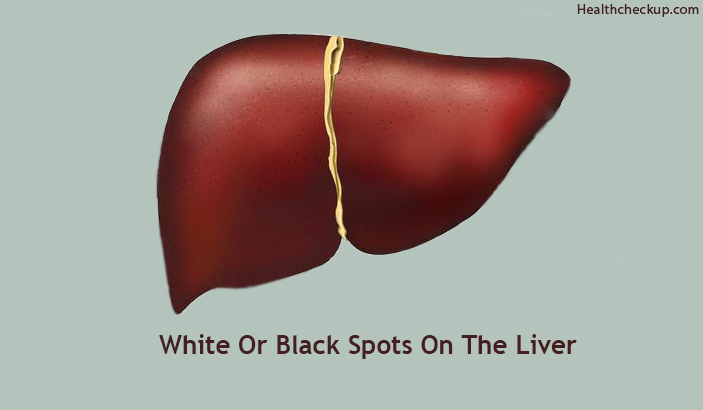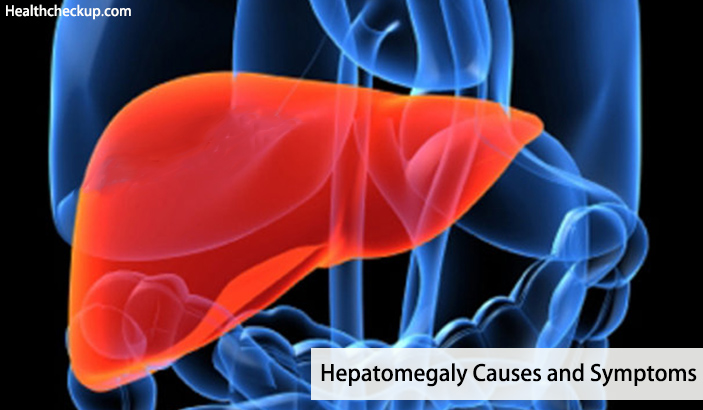The liver is one of the largest organs in the body that performs many important metabolic functions. It converts the nutrients in our food into substances that the body can use and store for future use. It changes the toxic substances in the body into harmless substances to be released from the body. The liver uses the vitamin K and produces proteins that are important in blood clotting. It plays a central role in all metabolic processes of the body.
Your liver performs about 500 different functions in your body and helps it to maintain the internal balance of chemicals and nutrients by processing carbohydrates, protein and fats with the help of enzymes. When the liver is damaged, the liver cells release enzymes in the blood which enable us to diagnose the condition. When liver damage is suspected, you will have to go for a liver health check to assess the damage and commence treatment. This article attempts to explain the importance of liver health check up and also to show how to check liver health at home.
When are Liver Function Tests done?
You should undergo a complete liver health check up if your liver is not functioning normally. A liver test detects abnormal levels of bilirubin and liver enzymes in the blood and urobilinogen in urine, and enhanced levels can indicate liver disease. It is recommended that you undertake a liver check if you are feeling generally unwell or are experiencing any of the following symptoms:
- Nausea
- Itching
- Lack of appetite
- Yellowing of the skin and eyes
- Weakness
- Fatigue or loss of energy
- Weight loss
- Jaundice – yellowing of the skin and eyes
- Symptoms of nephritic syndrome – swelling around the eyes, belly, and legs
- Dark colored urine
- Vomiting
What are Liver Function Tests?
A complete liver check up procedure is essential to know the state of your liver and how well it is functioning. Liver function tests help to determine the health of your liver by measuring the levels of proteins, liver enzymes, and bilirubin in your blood and establish if your liver has any disease. Liver disease simply means any disorder that causes the liver to stop functioning in the manner that it should. A few examples of liver disease are cirrhosis and hepatitis.
A Liver Function Test is Often Performed:
- to screen for liver infections, such as hepatitis B and C
- to monitor the side effects of certain medications that affect the liver
- to check if you already have a liver disease
- to measure the degree of cirrhosis on the liver
What Are the Most Common Liver Function Tests?
Liver health check up involves many liver function tests, but most of them do not measure the overall function of the liver. Commonly performed tests to check liver function are:
Alanine Transaminase (ALT) Test:
ALT is an enzyme that is made by the liver cells called hepatocytes. Blood levels of ALT are increased when these hepatocytes are damaged due to hepatitis. The levels are also increased by liver disease due to alcoholism, or drug-induced and virus-induced liver disease.
Normal range of ALT: 5-60 U/L
Aspartate Transaminase (AST) Test:
AST is another enzyme produced by cells of the liver. But this indicator is slightly less specific as compared to ALT because AST is also produced by muscle cells in the body. The levels of AST are higher than ALT in case of alcohol-induced liver disease. Increased AST levels may indicate cirrhosis of the liver and hepatitis. But, high levels are also associated with interrupted blood flow to the liver (liver ischemia), liver tumor, or drug-induced liver damage.
Normal range of AST: 10 to 34 IU/L
Alkaline Phosphatase (ALP) Test:
Alkaline phosphatase is a group of enzymes that are produced in various parts of the body including the intestine, kidneys, and bones. The levels of ALP are increased in case of any disease of the bile duct.
Normal range of ALP: 45 to 115 U/L
Albumin Test:
Albumin is a protein that is synthesized in the liver. A healthy liver is capable of producing albumin in sufficient quantities. But when the liver function is hampered, less amount of albumin is produced.
Normal range of albumin: 35 to 50 grams per deciliter (g/dL)
Bilirubin Test:
Bilirubin is a yellow pigment that is produced by the breakdown of red blood cells (RBCs). The bilirubin level increases in the case of liver disease as well as in some conditions like gallstones. But in case of chronic liver illnesses like hepatitis, the bilirubin levels are found in the normal range unless significant liver damage has taken place.
Normal range of bilirubin: 2 to 21μmol/L.
More than 17μmol/L of serum bilirubin level indicates liver disease. In case of jaundice, bilirubin levels go as high as 4040 μmol/L.
But, it should be remembered that abnormal results of the liver function tests don’t necessarily mean that you have liver disease or damage. You will have to talk to your doctor about the results of your liver health check. Liver function tests are used to measure specific enzymes and proteins in the blood. Depending on the test, a higher or lower level of the enzymes or proteins can indicate a problem with your liver.
“Normal range of liver enzyme levels might differ with the machine and laboratory techniques used. Please refer to normal range of liver enzymes as mentioned by your testing laboratory.”
Medically Reviewed and Updated By









